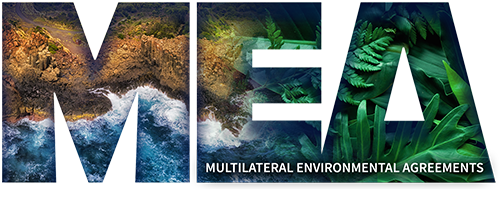Seagrasses have long been thought to be almost exclusively hydrophilic (pollinated by water currents). However, evidence supplied by van Tussenbroek, Villamil, et al (2016) suggests that animals are far more involved in the transfer of pollen than was previously thought. Experimental results suggest that invertebrates visit flowers of some species of seagrasses and transfer masses of mucilage containing pollen grains from flower to flower, resulting in pollination, as evidenced by the formation of pollen tubes. You can read more about this study here and here.
Subsequently, the BES-Net TT Project, in collaboration with Dr. Kelly Kingon and her team at Conserve Habitats and Protect Organisms (CHaPO) has worked on identifying seagrasses and their potential pollinators in Trinidad and Tobago.
Learn more about seagrasses and their pollinators here:
- Seagrasses and Their Reproduction: The Mystery of Underwater Pollination
- Seagrass Pollinator Survey Results
References:
Van Tussenbroek, Brigitta I., Nora Villamil, Judith Márquez-Guzmán, Ricardo Wong, L. Verónica Monroy-Velázquez, and Vivianne Solis-Weiss. “Experimental evidence of pollination in marine flowers by invertebrate fauna.” Nature communications 7, no. 1 (2016): 12980.
